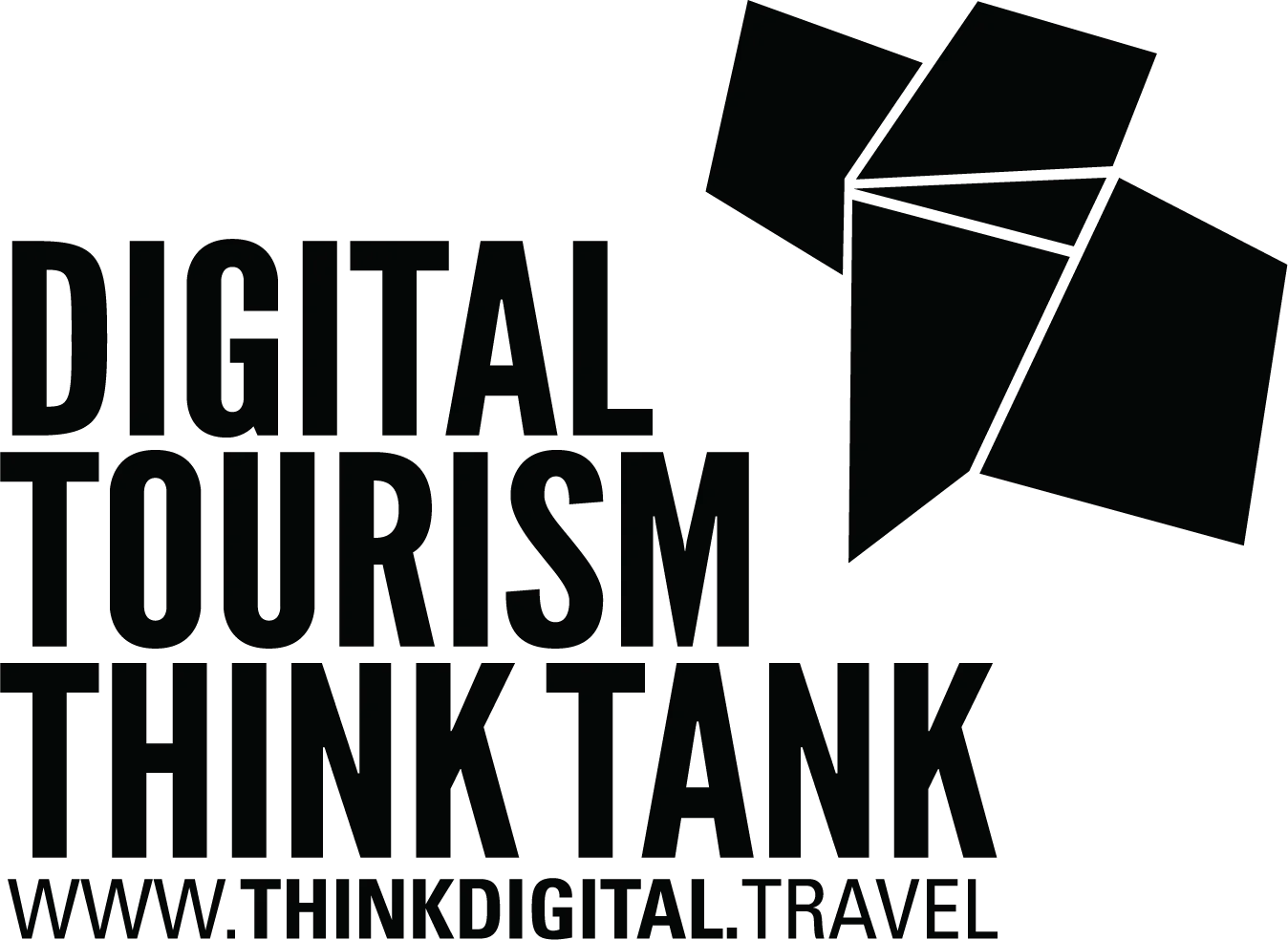Marketing Greece was established in 2013 by the Greek Tourism Confederation and Hellenic Chamber of Hotels. It is a collaboration of the private sector that aims to strengthen the image of Greece and promote the country as a modern and exciting destination. The organisation strongly believes in creating alliances and synergies between the private and public sectors, such as tourism businesses and DMOs as well as with organisations in other industry's, including banking and telecommunications.
Marketing Greece's work is based on four pillars:
- Planning & Strategy: Creating marketing and action plans based on data and research, which incorporates sustainability as a core value. Being part of international associations helps Marketing Greece stay informed of the latest trends and identify best practices and case studies.
- Create: Building and running digital campaigns that capture the unique characteristics of Greece's tourism experiences. The campaigns use fresh narratives and aesthetics based on the current travel trends to ensure relevancy.
- Engage: Working with local communities and a range of stakeholders including municipalities and tourism businesses to create shared visions, discuss challenges and find potential solutions for them. This enables the clustering of products and campaigns for promotional activities. Marketing Greece also collaborates with international media offices, travel influencers, journalists and bloggers to bring them to the destination to create publicity about sustainable Greek holidays.
- Grow: Strengthening the messaging around Greek destinations through the Discover Greece travel portal and its dynamic social media ecosystem to promote the country's modern tourism product on a global scale.
Reasons for Collaborating
Marketing Greece's longest standing collaboration partner is This is Athens & Partners; with the relationship established in 2016. This is Athens & Partners is a joint initiative to promote the city. Through this initiative, Marketing Greece collaborate with the City of Athens, Athens International Airport and AEGEAN Airlines to promote Athens as an all year-round city-break destination, showing how the public and private sectors can collaborate together.
The partnership was established to strengthen synergies and align communication strategies to enhance the promotion of Athens as a destination. There are three main objectives for this collaboration:
- Destination Development: To decide on how to allocate investments for infrastructure and products for locals and visitors.
- Destination Marketing: To decide and create common marketing strategy and key messages to include all of the assets in one strategy.
- Destination Management: To ensure that the destination development and marketing bring real value to visitors.
How to Athens Campaign
The "How to Athens" campaign has three main goals:
- Enhancing Athens' City Break product: The ambition is to go beyond the mainstream view of the city (e.g. the Acropolis) and showcase alternative aspects of the full Athenian experience by highlight other unique selling points, such as street food, architecture and street art tours as well as vibrant and upcoming neighbourhoods.
- Diffusing tourist flows: In 2022, there was a strong tourism rebound, with 10,000 daily visitors on Acropolis. The campaign therefore aims to overcome overtourism and promote lesser-known destinations that are accessable on foot and near the city centre and key landmarks.
- Increasing Potential Tourist Average Spending: Providing new reasons to participate in different experiences in Athens that provide additional value to visitors; both tours and activities as well as new developments.
The demographic target audience for the campaign are Millennials and Generation Z, couples, groups of friends, those with family living in Athens and the LGBTQ+ community. The specific psychographic audience is focused on trending Travel personas which are most interested in fully immersing in Athenian culture and identity (e.g., Foodies; Culture Enthusiasts and Real Urban Explorers).
The campaign attempted to help visitors learn a new set of skills to truly know "How to Athens: and get the most out of their trip. A series of five themed mood videos, focused on different selling points, such as gastronomy, architecture, street art, arts and crafts and different neighbourhoods. These videos each lasted for approximately one minute and focused on the good vibes enjoyed by young people in the city. This raw content wasn't designed to be Instagrammable, but instead was created to be oriented towards TikTok.
Fresh and modern aesthetics were used, such as frame in frame filming and bold colours to have a film effect. The videos don't show specific location, but instead aim to inspire visitors and create an appetite to travel, ask locals and experience the authentic destination. Both the strengths and weaknesses of the city were embraced to give an honest promise to travellers.
Campaign Distribution
Marketing Greece created a coherent "How to" guide which is relevant for travellers from the specific niches being targeted by the campaign, either during the planning or travelling stages of the visitor journey. These guides promote in-depth content and highlight off-the-beaten path experiences, by sharing local tips and booking opportunities for alternative tours and activities.
On social media, sentiment analysis showed positive indications of visitors being triggered and becoming curious about seeing this different side to Athens than shown in traditional marketing. There was also strong engagement from locals, who embraced campaign with pride and shared their tips about places to visit and local know-how with international audiences.
The campaign page on This is Athens' page was completely aligned with the overall marketing strategy, with the same style of communication and messaging. The videos produced were used as a vehicle to drive website traffic to the campaign page. Through videos and fresh aesthetics, the aim was to drive traffic to specific branded content, such as lists of souvenir shops, the gastronomy scene and street art tours as well as podcasts with direct links to experience providers.
On social media, crosstagging techniques added value by both organisation's being able to leverage their international audience bases. This is Athens saw similar positive sentiment and engagement. The mayor of Athens also adopted the campaign and was involved in promoting the city, with the sentiment generated from these posts being even more positive.
























.webp)